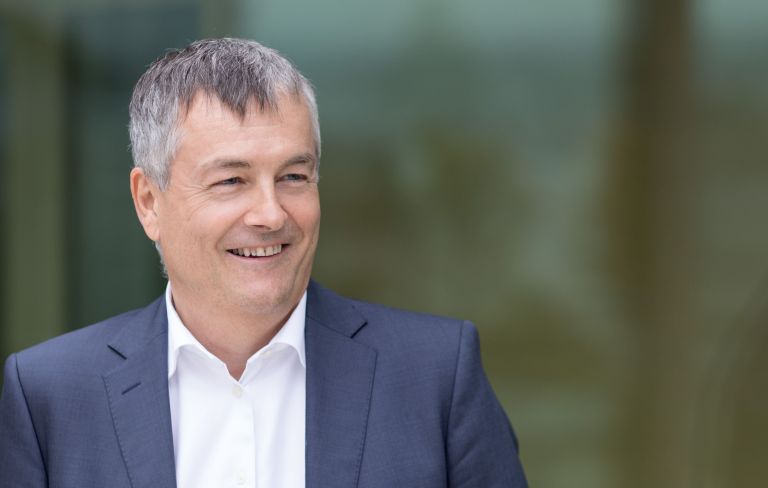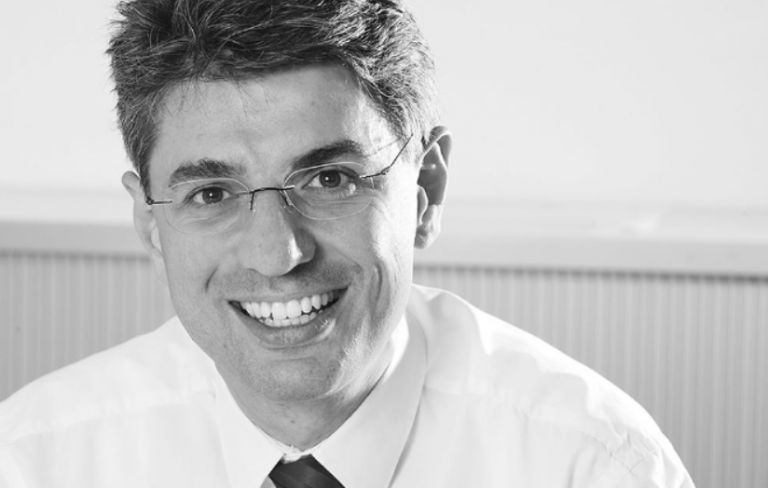The notarial system in Switzerland is very diverse and regulated on a cantonal basis. There are both public and private notaries’ offices. Why did Wüst und Wüst Küsnacht decide to have its own notary’s office?
Monika Ruf Hollenweger: Since our clients mainly buy or sell existing properties in the upper price segment and exclusive new construction projects through us, comprehensive support throughout the entire sales process is a matter of course for us.
With our in-house notary’s office, we guarantee both contracting parties support tailored to their individual needs and timely processing of property purchase contracts right from the start.
The notary’s offices, which are mainly responsible for notarisation, are usually unable to provide this very time-consuming service. In addition, they are rarely aware of the actual circumstances and the current condition of the properties for sale. We maintain close contact with both contracting parties throughout the entire sales process and know their needs and expectations, which are important for the drafting of the contract.
This is why we are able to submit fully negotiated and legally binding contracts to the notaries responsible for notarisation. My personal contacts with the notaries and the often several years of cooperation have thus created a basis for mutual trust.
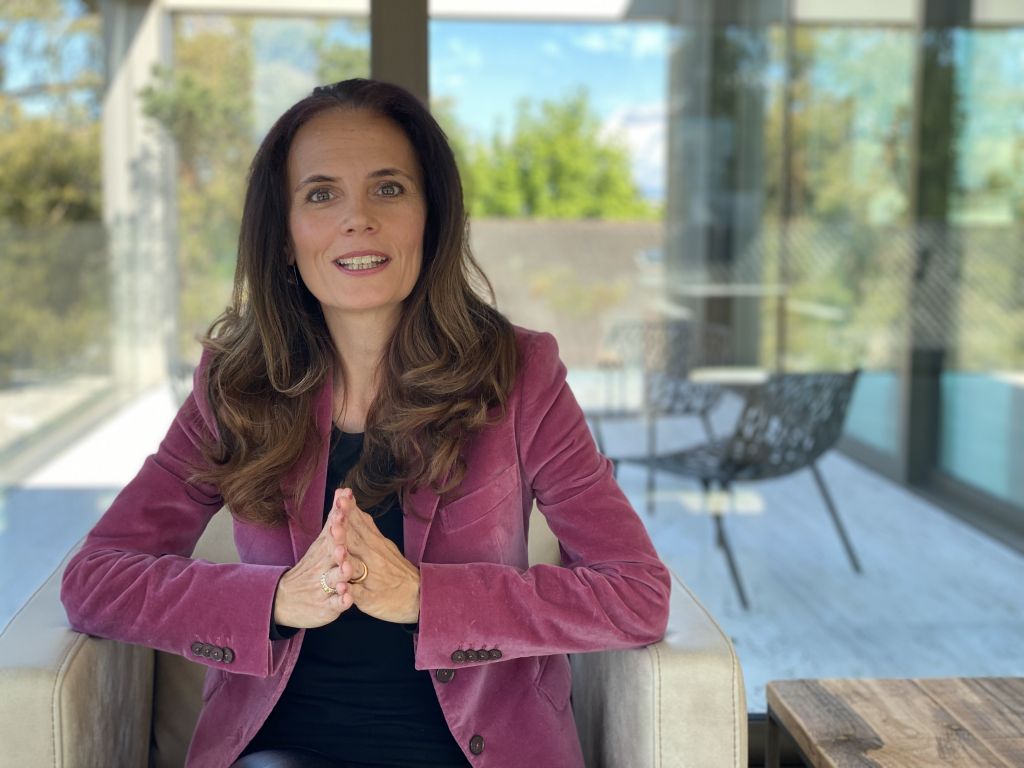
With our in-house notary’s office, we guarantee both contracting parties support tailored to their individual needs and timely processing of property purchase agreements right from the start.
What concrete advantages do I have when buying or selling a property?
M. R H: Thanks to our notary’s office, we can accompany the buyer or seller competently and individually through the entire sales process.
Already at the beginning of the mandate, I examine the objects of purchase from the point of view of property and land register law. In this way I prevent unpleasant and unexpected surprises regarding the object of purchase shortly before the conclusion of the contract.
The contracting parties receive a first draft of the purchase contract within a very short period of time. I then discuss the draft with them in person. In doing so, we can take into account any additional needs or expectations or avoid possible misunderstandings between them. This exchange facilitates the creation of a tailor-made contract that contains the concurring declarations of intent of both parties. This procedure gives both contracting parties the necessary security when concluding the contract.
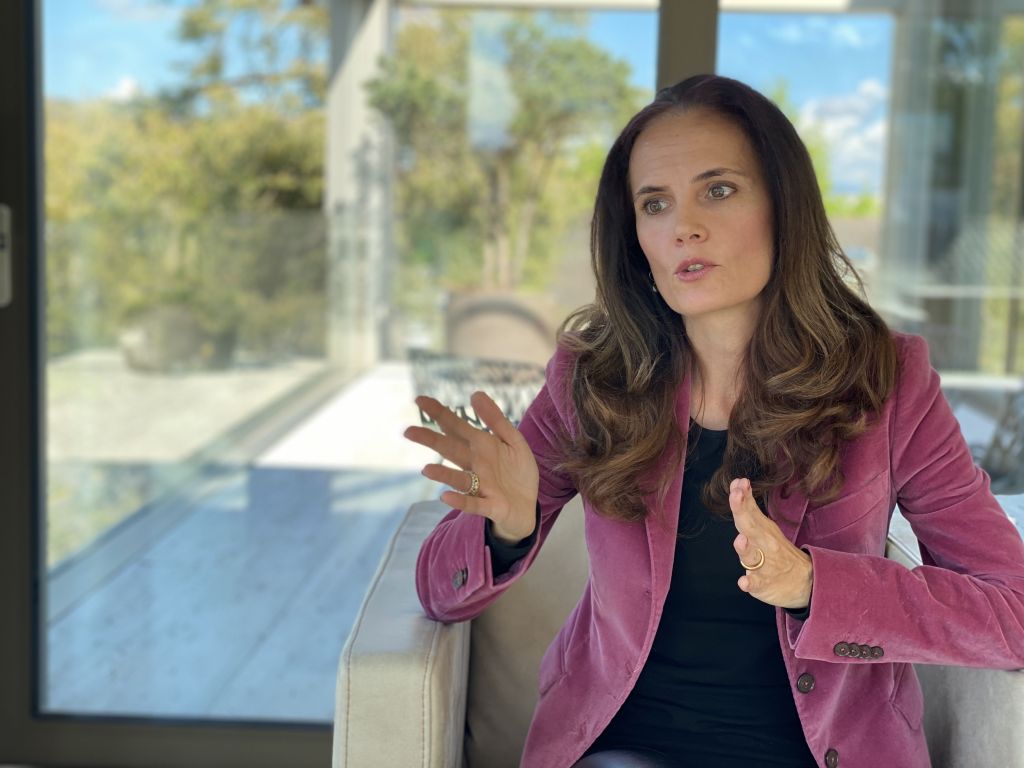
Already at the beginning of the mandate, I examine the objects of purchase in terms of property and land register law. In this way, I prevent unpleasant and unexpected surprises regarding the object of purchase shortly before the conclusion of the contract.
In which phases of a real estate transaction are notarial tasks particularly important?
M. R H: Notarial tasks are very important in the acquisition phase, as well as in the preparation of the mandate and selectively in the sales phase, i.e. whenever questions of property and land registry law arise.
My work is of central importance in the drafting of the purchase agreement including contract negotiations with the parties and/or their advisors (lawyers / trustees / bank advisors) and, of course, with the responsible notary’s office and land registry. They then check the finalised purchase contract according to their regulations, certify it publicly and register it for entry in the land register.
Please show us, using the example of a property sale, how concretely you are involved in this process as a notarial specialist.
M. R H: Let’s take the example we recently presented in our “Brokerage Episodes” column. We were invited to submit a marketing offer for an attic flat in a sought-after city location. When examining the land register documents (extract from the land register, condominium foundation, the regulations), I noticed that the partition plans were missing as part of the condominium foundation. These plans show the extent of the flat (special right) and exclusive rights of use such as terraces, balconies or seating areas. Since the seller did not have such partition plans, I requested them directly from the land registry.
And what did you discover in the process?
To the surprise of the seller, I discovered that the flat for sale was not only allocated the terrace on the living level, but also half of the roof terrace above it. Talks and negotiations followed with the neighbour, who had previously used the roof terrace alone, with the administration, with the land registry, with the architect and with the building authority.
The positive result of these clarifications: We were able to sell this attic flat together with a feasibility study for the development and realisation for the use of half of the roof terrace with a corresponding added value. The neighbour had to dismantle his unlawfully used part of the roof area and give it to the new owner.
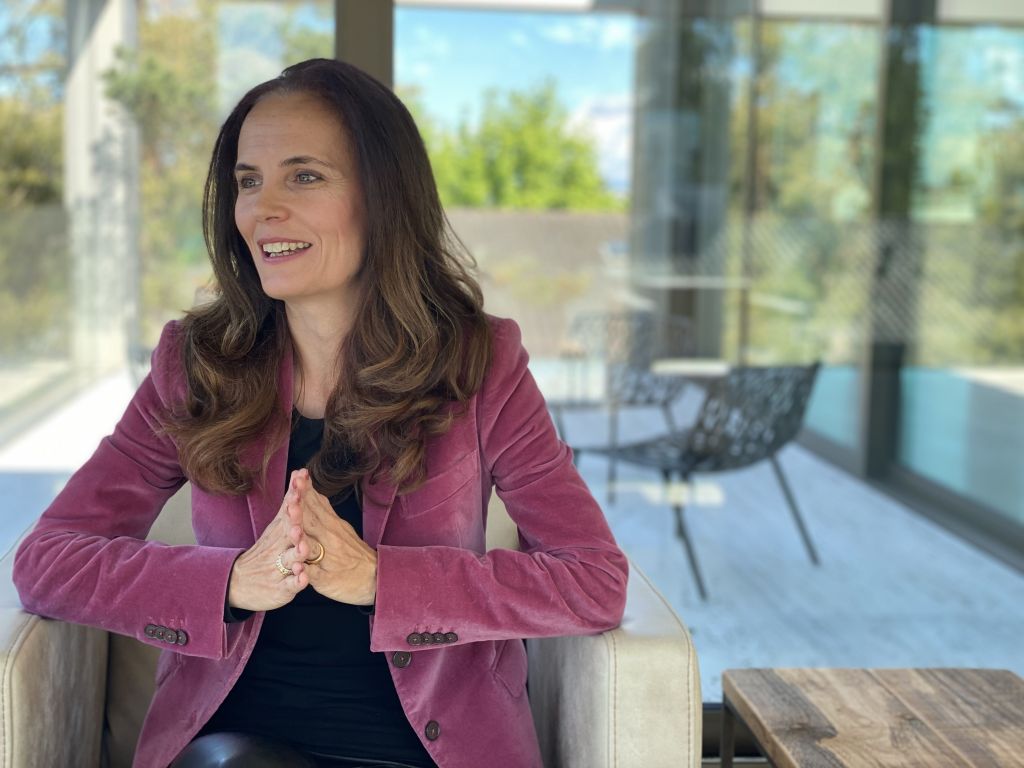
We were able to sell this attic flat together with a feasibility study for the development and realisation for the use of half of the roof terrace with a corresponding added value. The neighbour had to dismantle his unlawfully used part of the roof area and give it to the new owner.
What role do you play as a notary specialist in the sale of flats in a new construction project?
M. R H: I am also involved in such projects from the very beginning. I work out the condominium ownership justification, draw up the corresponding regulations and the purchase contracts, and, if desired, I design property mutations or draw up easement contracts. In this way, we can explain the land registry conditions to our buyers in detail and also explain the background to them.
Most notaries’ offices are independent. However, you may be part of a party in a property deal. Aren’t there conflicts of interest and what do you do if such conflicts arise?
M. R H: As a rule, a seller does not have sufficient knowledge of everything that needs to be taken into account and agreed upon in a purchase contract. I therefore see it as my task to draw up a purchase contract that is complete and in line with the wishes of both our client and the buyer. In discussions and contract negotiations with the parties, I record their respective needs, clarify them if necessary and negotiate them so that I can draw up a contract that takes into account the concerns of both parties.
Experience has shown that conflicts of interest can be resolved if I address the individual needs of the parties, take them seriously and we look for solutions together. We often find that the respective needs do not “compete” or even “exclude” each other. This sometimes calls for “creative” solution options. This is where my further training as a mediator certainly comes in handy. Our goal at Wüst und Wüst is always that both parties are convinced of the result and of our service when the contract is concluded, so that they can also recommend us with a clear conscience.
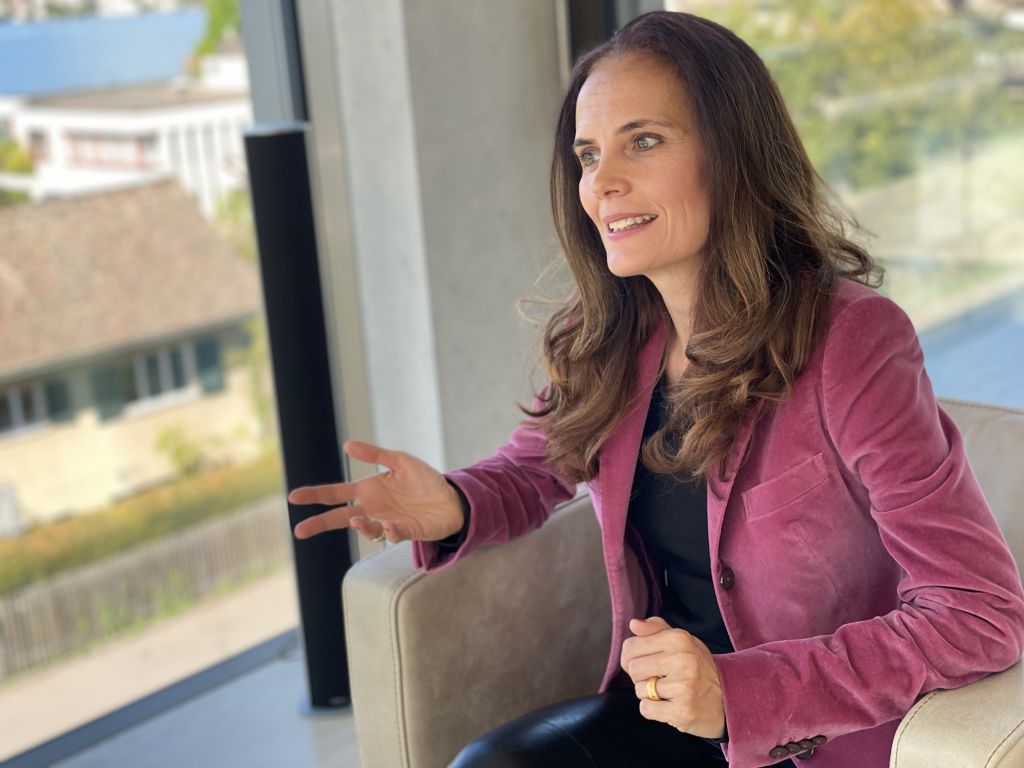
Experience has shown that conflicts of interest can be resolved if I listen to the individual needs of the parties, take them seriously and we look for solutions together. We often find that the respective needs do not “compete” or even “exclude” each other.
What problems can arise if a notary’s office is only involved on a case-by-case basis and is not integrated into the process?
M. R H: If the sales process is not legally supported, it can lead to annoying misunderstandings, unnecessary uncertainties or considerable delays. In the worst case, after long negotiations, no contract is concluded or the mandate is even terminated. What then remains is dissatisfaction for all parties involved.
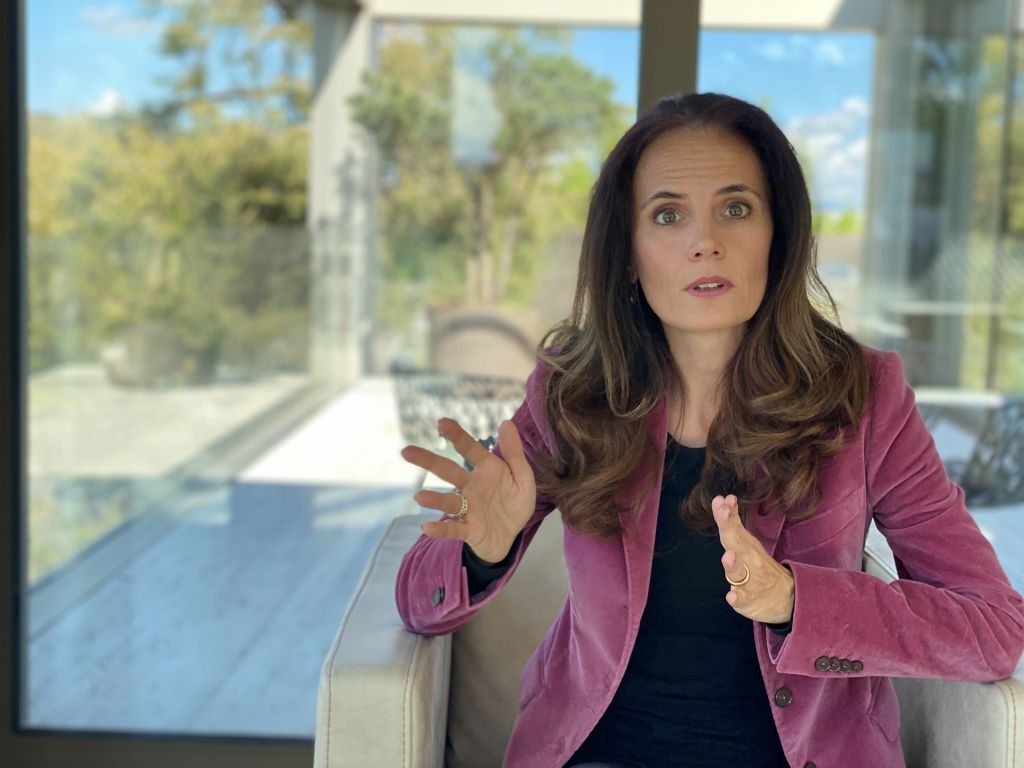
In the worst case, after long negotiations, no contract is concluded or the mandate is even terminated. What then remains is dissatisfaction for all parties involved.
What motivates you personally the most in your work?
M. R H: I draw my motivation above all from the many encounters and the cooperation with all the interesting people and their different characters who are involved in the conclusion of a successful property deal.
With such unusual and exclusive properties as those traded with us, each transaction is very individual and unique. Even after more than 15 years at Wüst and Wüst, I still feel challenged every time.
As a notary’s specialist, I am involved in every transaction and can therefore contribute to every contract and take co-responsibility.
And finally, a personal question: What do you like to do most outside of work?
M. R H: In my free time, I tend my garden, tailor and knit, do yoga and go on tours with my e-bike. In general, I just like to be in the great outdoors.
